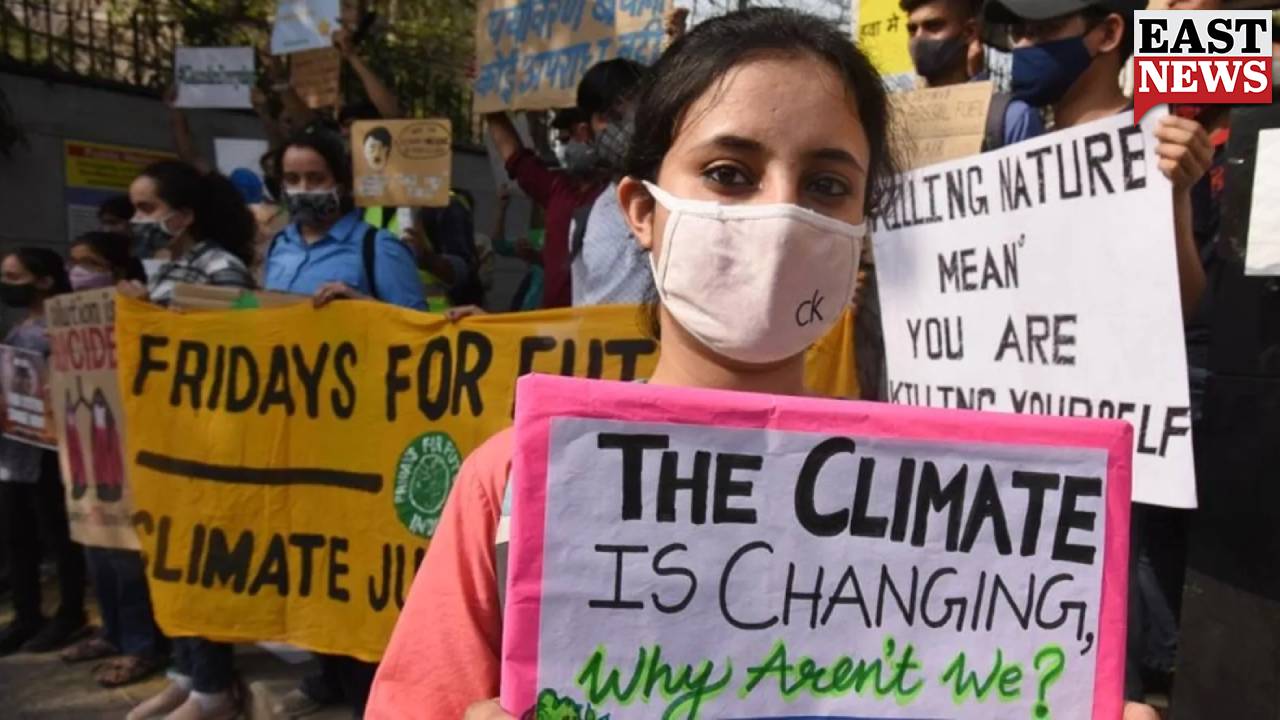Climate changes as nations develop. India is seeking payment for the losses caused by climate disasters, its environment ministry said while laying out the country’s positions on critical issues that will be negotiated at the United Nations’ COP26 climate summit in the coming weeks.
“Our ask is this: there should be a compensation for expenses incurred, and it should be borne by developed nations,” Rameshwar Prasad Gupta, the ministry’s senior-most civil servant, said on Friday. He added that India stands with other low-income and developing countries on the matter.
Leaders and diplomats from throughout the globe are set to gather in Glasgow, Scotland, for the once a year COP summit, that’s visible as a make-or-damage assembly to stave off the worsening results of weather change. Compensation for weather failures is anticipated to be a primary sticking factor on the talks, and the situation is some thing that India has already raised with U.S. weather envoy John Kerry, in step with Gupta. Rich international locations have brought the bulk of greenhouse gases inflicting the planet to heat above pre-commercial levels.
Indian environmentalists cannot understand why their government is not making common cause with the developing world on the crucial issue of climate damage compensation.
The 2015 Paris climate agreement included language to address “loss and damage,” but it left questions about liability and redress unanswered. Discussions began as early as 2013 at a previous summit in Warsaw, but the technical details of how such money transfers occur still hasn’t been thrashed out.
The wide concept is that, primarily based on historic contributions to international greenhouse gases, international locations will offer reimbursement for the damages that pollutants will someday cause. Countries who are suffering climate changes can claim cash for maintenance after a weather-fueled storm or flood. But not all disasters are a result of climate change and scientists have recently started the tough paintings of being capable of calculate how lots a hotter planet contributed to an intense climate event.
India is now the third largest issuer in the world on an annual basis and among the top ten historical issuers, which means that it too will have to contribute money to the pot. Even if India’s pay-in for damages were roughly 4%, the country would stand to get a larger pay-out for the losses it will incur, Gupta said. “If they want India to be a part, we may be willing,” he added.
The country is the only economy among the world’s 10 largest not to have set a goal to zero out its emissions. Even its neighbor China has one for 2060, slightly later than the 2050 target that the U.S., the U.K. and the EU are aiming for. Earlier this year, India considered setting a net-zero goal, but it has since backed out. Not all nations need to announce a net-zero target before Glasgow, according to environment minister Bhupender Yadav.
“Climate finance hasn’t come in,” said Gupta. “For more ambitious climate goals, let there be more finance’’ first.
This issue is set to be another talking point at the summit. Developed countries were supposed to provide $100 billion in climate finance to developing countries annually, starting in 2020. The money would be used for projects that reduce emissions and help countries adapt to warming. The latest figure stands at about $90 billion, and the hopes for the full commitment are dimming as the Glasgow conference approaches.
With the past COP meetings, India’s delegation also plans to bring up the point of fairness. The country’s annual per capita emissions stand at about two tons of carbon dioxide, compared to more than 16 tons for the U.S. and less than half of the global per capita average.
The recent energy crunch marked by soaring natural gas prices has also given India ammunition to continue using coal, the only fossil fuel which it has in abundance. That’s going to be a problem for the U.K., the host country, with COP26 President Alok Sharma having said that the Glasgow talks could “consign coal to history.”
India Prime Minister, Narendra Modi has confirmed that he will join the COP26 summit along with 120 other heads of state. The conference runs from Oct. 31 – Nov. 12.
For more Latest News Updates visit our website-
https://www.eastnews.in/
For Latest News updates about Arunachal Pradesh Visit-
https://www.eastnews.in/arunachal-pradesh-news/F
Assam: Electric traction is now available on NF Railway up to Kamakhya station

